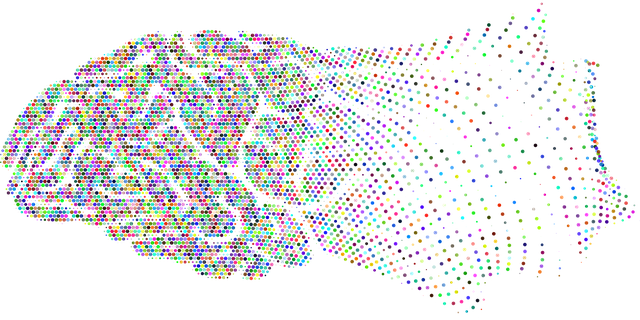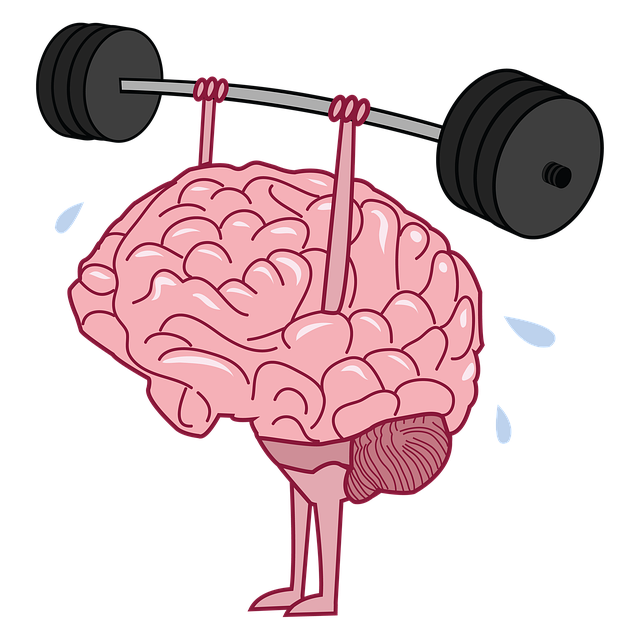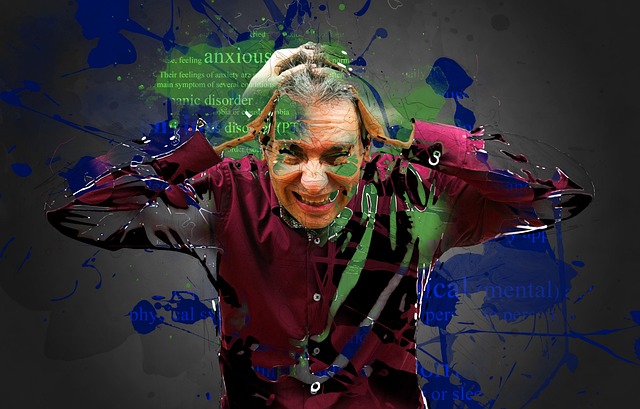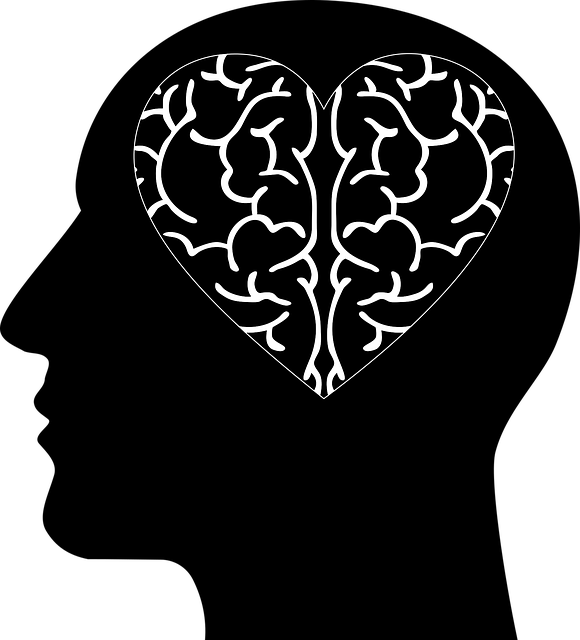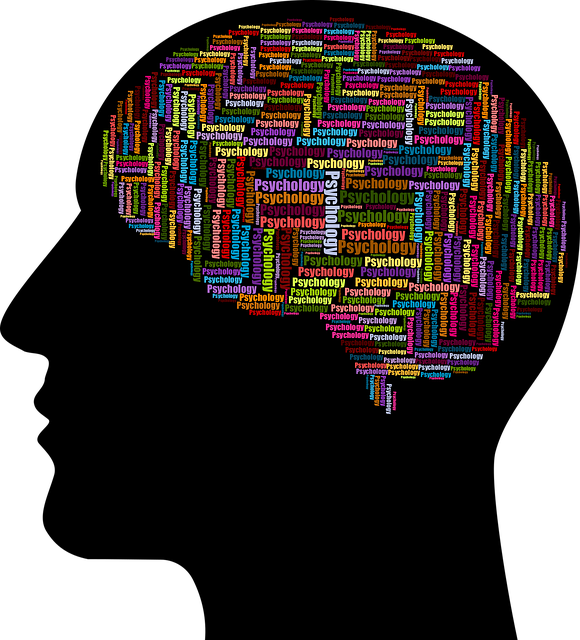Dissociative disorder in adolescents often goes unnoticed due to its detached nature, impacting daily life significantly. Effective therapy involves trauma resolution, cognitive behavioral therapy, and strategies to rebuild self-esteem. Mental health education programs empower teens with self-awareness and resilience, encouraging them to seek help. Tailored interventions addressing memory, identity, and consciousness disruptions include mindfulness meditation, group therapy, TF-CBT, and creative arts. Integrating therapeutic approaches into school curricula supports emotional regulation and academic performance for students with dissociative disorders.
“In addressing the complex mental health challenges faced by adolescent teens, particularly those struggling with dissociative disorders, comprehensive education programs emerge as powerful tools. This article delves into the critical role of mental health education in supporting teens, exploring key components of effective therapy interventions. We examine symptoms and impacts of dissociative disorder, highlighting the necessity of tailored educational initiatives for fostering resilience and recovery among this vulnerable population. By integrating evidence-based practices, we aim to empower adolescents on their path to healing.”
- Understanding Dissociative Disorder in Adolescent Teens: Symptoms and Impact
- The Role of Mental Health Education Programs for Teen Support
- Designing Effective Therapy Interventions for Dissociative Disorders
- Fostering Resilience and Recovery Through Educational Initiatives
Understanding Dissociative Disorder in Adolescent Teens: Symptoms and Impact

Dissociative Disorder in adolescent teens is a complex mental health condition that often goes unnoticed due to its unique presentation. It’s characterized by a disconnection from reality, where individuals may experience episodes of detachment from their thoughts, feelings, and surroundings. This can manifest as a sense of being outside one’s body or a distorted perception of time and place. Teenagers with this disorder might display sudden changes in behavior, such as altered speech patterns, blank stares, or even brief episodes of amnesia.
The impact on an adolescent’s life can be profound. It may disrupt their ability to function normally in school, maintain relationships, and engage in daily activities. Poor self-esteem, anxiety, and depression often accompany dissociative symptoms, further exacerbating the challenges they face. Effective therapy for adolescent teens with Dissociative Disorder typically involves a multi-faceted approach focusing on trauma resolution, cognitive behavioral therapy to improve coping mechanisms and enhance positive thinking, and strategies to rebuild self-esteem and a sense of control over one’s life.
The Role of Mental Health Education Programs for Teen Support

Mental health education programs play a pivotal role in supporting teen development by equipping them with essential coping skills to navigate life’s challenges. Adolescence is a period of significant emotional and psychological growth, often marked by increased stress and vulnerability to mental health issues, including dissociative disorders. These programs offer a safe space for teens to learn about their emotions, understand their triggers, and develop healthy coping mechanisms. By fostering self-awareness and resilience, they empower adolescents to seek therapy for adolescent teens dissociative disorder and other mental health challenges more effectively.
Designed with consideration for risk management planning, these educational initiatives also prepare mental health professionals who work with teens. Through interactive workshops focusing on stress management and trauma-informed care, professionals gain valuable tools to support young individuals in a way that promotes healing and overall well-being. The goal is not just to manage risks but to create an environment where teens feel understood, valued, and encouraged to openly discuss their mental health concerns.
Designing Effective Therapy Interventions for Dissociative Disorders

Designing effective therapy interventions for dissociative disorders among adolescent teens requires a specialized and nuanced approach. These disorders, characterized by disruptions in memory, identity, and consciousness, demand tailored strategies to address their complex nature. One promising direction involves integrating evidence-based practices such as mindfulness meditation, which has shown potential in reducing symptoms of anxiety relief and improving self-esteem. By incorporating techniques that enhance present-moment awareness and emotional regulation, therapists can help teens cultivate coping skills to manage dissociation effectively.
Specialized programs should focus on creating safe, supportive environments where adolescents feel empowered to explore their experiences. Group therapy sessions, for instance, can foster a sense of community and reduce feelings of isolation often associated with dissociative disorders. Additionally, individual therapy can offer personalized strategies tailored to each teen’s unique challenges. Incorporating creative arts, trauma-focused cognitive behavioral therapy (TF-CBT), and other innovative methods further enriches the therapeutic process, promoting healing and resilience in young individuals navigating these complex mental health issues.
Fostering Resilience and Recovery Through Educational Initiatives

Educational initiatives play a pivotal role in fostering resilience and recovery among adolescent teens, especially those grappling with dissociative disorders. By integrating therapeutic approaches into the curriculum, schools can create supportive environments that encourage emotional regulation and promote mental health policy analysis and advocacy. These programs aim to equip students with essential emotional intelligence skills, enabling them to navigate challenges effectively.
Through specialized therapy for adolescent teens with dissociative disorder, educational initiatives focus on building coping mechanisms and enhancing overall well-being. By addressing the root causes of dissociation and providing safe spaces for expression, these programs contribute to a holistic approach to mental health care. Ultimately, fostering emotional resilience in young individuals paves the way for improved academic performance and a brighter future.
Mental health education programs play a pivotal role in supporting adolescent teens struggling with dissociative disorder. By integrating knowledge about symptoms, impact, and effective therapy interventions like those designed for resilience fostering, these programs empower teens to navigate their challenges. Targeted educational initiatives not only enhance understanding but also promote recovery for adolescents dealing with this complex condition, ultimately offering a promising path toward improved mental well-being and enhanced quality of life. When tailored to address the unique needs of affected teens, therapy for adolescent teens dissociative disorder can be transformative, paving the way for healthier futures.

